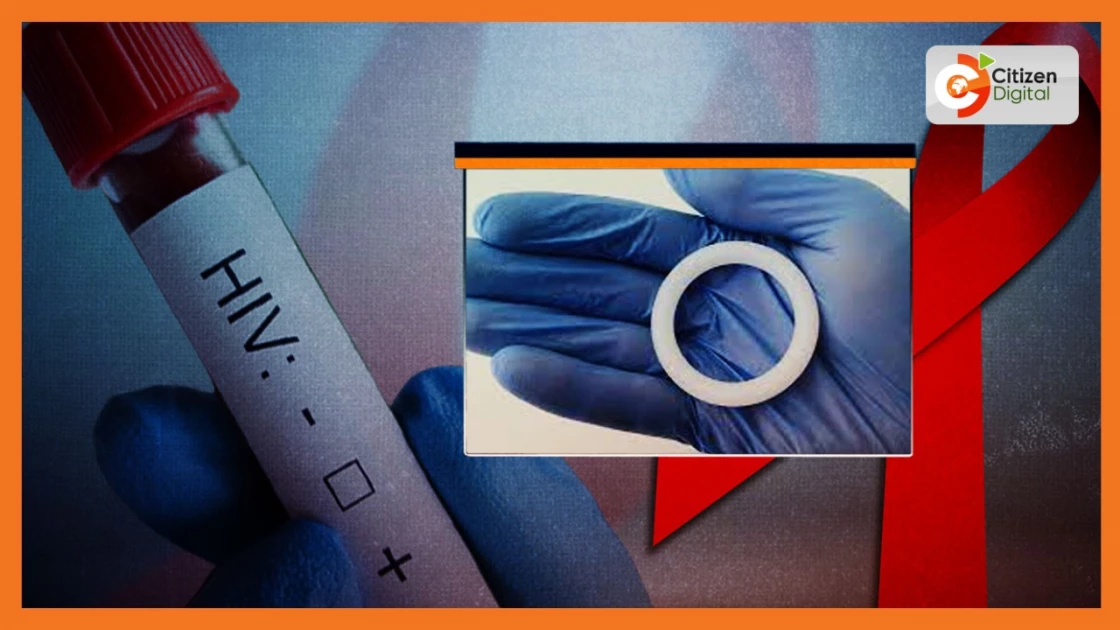HIV game changer: Ministry of Health launches vaginal rings

The Ministry of
Health has launched the use of vaginal rings among women in a bid to arrest the
new HIV infections.
Speaking at the
launch of the catalyst program, Acting Director General at the Ministry of
Health Patrick Amoth indicated that women were the main target of the program,
as adolescent girls and young women contribute to nearly a third of the new
infections.
With no HIV vaccine
in sight yet, scientists are now eyeing other innovations such as injectable
PrEP and vaginal rings that they believe may yield better new HIV prevention
and treatment solutions.
Dr. Amoth pointed
out the need for Kenya to adopt local technologies in the prevention of HIV as
the country grapples with reduced funding in the health sector.
The director
general further indicated that Kenya’s donor funding for HIV-related programs
has declined from 32% in the last decade to 18% in 2021, prompting the need to
activate local innovations to manage the HIV/AIDS epidemic.
“Ours is now to
prioritize how we can put more investment into HIV prevention and other public
health inventions but also to be able to develop inventions that will be able
to give us more health according to every shilling that we spend in these
activities and you know in preventive when you spend one dollar then you are
able to save 14 dollars,” said Amoth.
In a 5 year study that will be conducted across six facilities in Kisumu,
Nairobi and Mombasa counties, women aged 18 and above will be issued with a
vaginal ring.
The ring that is
made of silicon material can be inserted by the user and will be releasing
regulated amounts of an antiretroviral drug dapivirine over a 28-day period,
offering protection against HIV.
The ministry is
however still working with sector players, to develop more preventive technologies
against the virus
“We are trying to
look at a product which can prevent pregnancy and prevent HIV because we are
seeing a lot of young women being more afraid of getting pregnant than actually
contracting HIV. There is also the injectable that is long term we are looking
at almost every six months that is currently being tried out there are also
pills that are coming so we have quite a lot that we still have in the
pipeline,” said Patricia Jeckonia, Country Director, LVCT.
Dr. Amoth added:
“Infections have been rising especially among the youth and the adolescent
population and therefore we need to do this study to inform us in terms of
policy development and also new interventions that we need to put in place in
order to break the cycle of new HIV infections.
The rings will be available in the six earmarked facilities by end of June after they receive clearance from the Kenya Medical Research Institute (KEMRI).
Want to send us a story? SMS to 25170 or WhatsApp 0743570000 or Submit on Citizen Digital or email wananchi@royalmedia.co.ke
Comments
No comments yet.


Leave a Comment